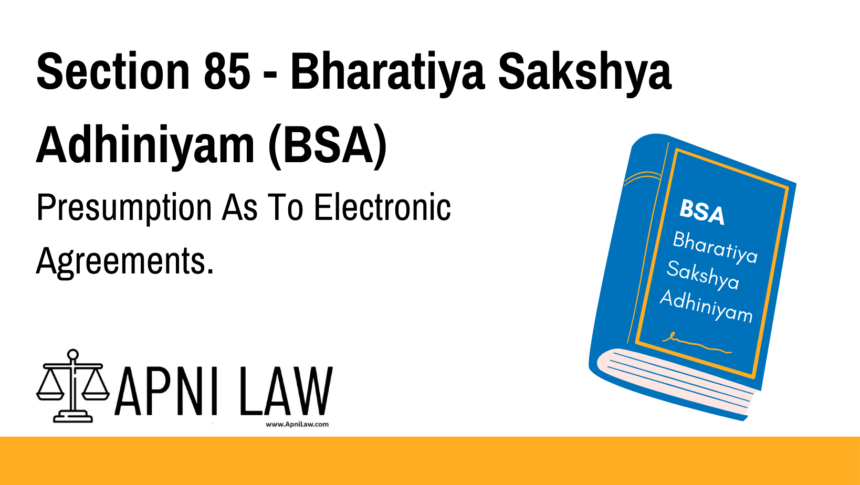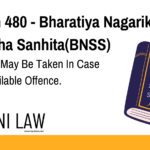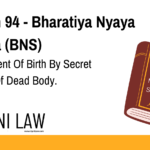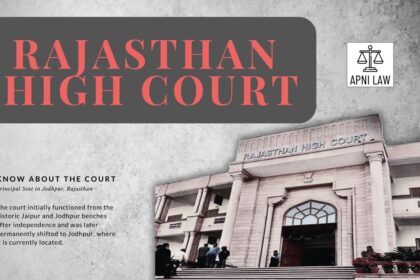)
Code: Section 85 – Bharatiya Sakshya Adhiniyam, 2023
The Court shall presume that every electronic record purporting to be an agreement
containing the electronic or digital signature of the parties was so concluded by affixing the
electronic or digital signature of the parties.
Explanation of Section 85 BSA
Section 85 of the Bharatiya Sakshya Adhiniyam (BSA) establishes a presumption regarding the authenticity of electronic or digital records, specifically in the context of agreements. It provides that:
-
If a document appears to be an electronic record of an agreement,
-
And it contains the electronic or digital signature of the parties,
-
The court shall presume that the agreement was concluded by affixing the electronic or digital signature of the parties.
This presumption simplifies legal proceedings by eliminating the need for additional proof that the signatures were indeed affixed by the parties themselves.
Illustration
Example 1: Digital Signature on an E-Contract
A party submits an electronic version of a signed contract which includes the digital signatures of both parties. The court shall presume that the agreement was validly concluded by the affixing of those digital signatures.
Example 2: Electronic Agreement in E-Commerce
A user enters into an agreement with an online platform, electronically signing a terms-of-service agreement using a digital signature. In court, the platform can rely on the presumption under Section 85 that the signature was legally affixed and that the agreement is valid.
Common Questions and Answers on Section 85 BSA
1. What does Section 85 presuppose about electronic signatures?
It presumes that if an agreement is in the form of an electronic record and it contains digital or electronic signatures, the signatures were genuinely affixed by the parties involved.
2. Can the presumption of authenticity of an electronic signature be challenged?
Yes. The opposing party can challenge the authenticity of the electronic or digital signature with evidence to the contrary, such as proving that the signature was forged or not affixed by the rightful party.
3. Does this section apply to handwritten signatures?
No. Section 85 specifically applies to electronic or digital signatures. It does not affect the presumption for traditional handwritten signatures.
4. How does this presumption benefit legal processes?
It reduces the procedural burden on parties seeking to prove the validity of electronic agreements. It ensures that electronic transactions are treated similarly to traditional paper-based contracts, as long as they meet the criteria for authenticity.
5. Is this presumption applicable for all types of electronic records?
This presumption applies to agreements specifically. Other types of electronic records may not be covered unless they also meet the criteria established by relevant laws governing electronic records and signatures.
Conclusion
Section 85 of the Bharatiya Sakshya Adhiniyam provides important legal certainty for electronic transactions and agreements. By presuming the authenticity of electronic or digital signatures, it ensures that e-contracts and other digital agreements are recognized without the need for extensive proof of signature verification. This streamlines the process of enforcing electronic agreements, particularly in the age of digital commerce.
For more insights and structured legal explanations, visit ApniLaw








